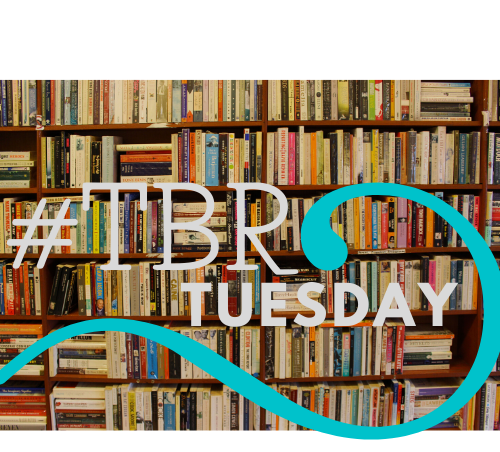Cybersecurity Tips During the Pandemic
/Recently, I attended a Risk/Security conference for the day gig. I always get excited over the new technologies and possibilities, but the warnings and dangers always make me want to hide under my desk. (And I turned into fan girl when Neil deGrasse Tyson presented one of the keynote speeches.) Here’s what I learned about cybersecurity and working during the pandemic:
The pandemic has taught us that we need to be flexible and ready to change. Everyone has had to adapt to new ways of doing things.
Because users are not always working in their traditional offices, they expect applications, systems, and websites to work on different devices. If they don’t they often go elsewhere. (This means that your website/blog needs to be mobile friendly.)
Hacks, phishing campaigns, and ransomware attacks have increased with everyone working at home and connecting remotely. You need to be alert and careful.
Do NOT click on anything (e.g. links, email addresses, attachments, pictures, recipes, games, surveys) that you don’t know where it came from. If it looks fishy, delete it.
Data is extremely valuable to hackers.
Nomoreransom.org is a valuable resource if you experience a ransomware attack. Help and good advice are available. It also has some deencryption tools. (Ransomware is when someone installs malware on your device. It becomes active and encrypts your files. You’ll receive a request for payment in order to return your data. Often, this malware also steals copies your data.)
Human error or human behavior (clicking on things) causes 90% of the cyber attacks.
As a consumer/user, make thoughtful decisions and know how to avoid security risks.
Email is one of the top ways that hackers get access to you.
Make sure that you back up your files regularly. Your data is important.
Use a SPAM filter to get rid of unwanted email.
Make sure that you have anti-virus software on your computer and that it is current.
Stay current with your patches and updates. These include updates and security fixes for vulnerabilities. There are regular patches for your operating system, and often, software you use will have updates.
In 2020, there’s been a 71% increase in malware on mobile devices.












